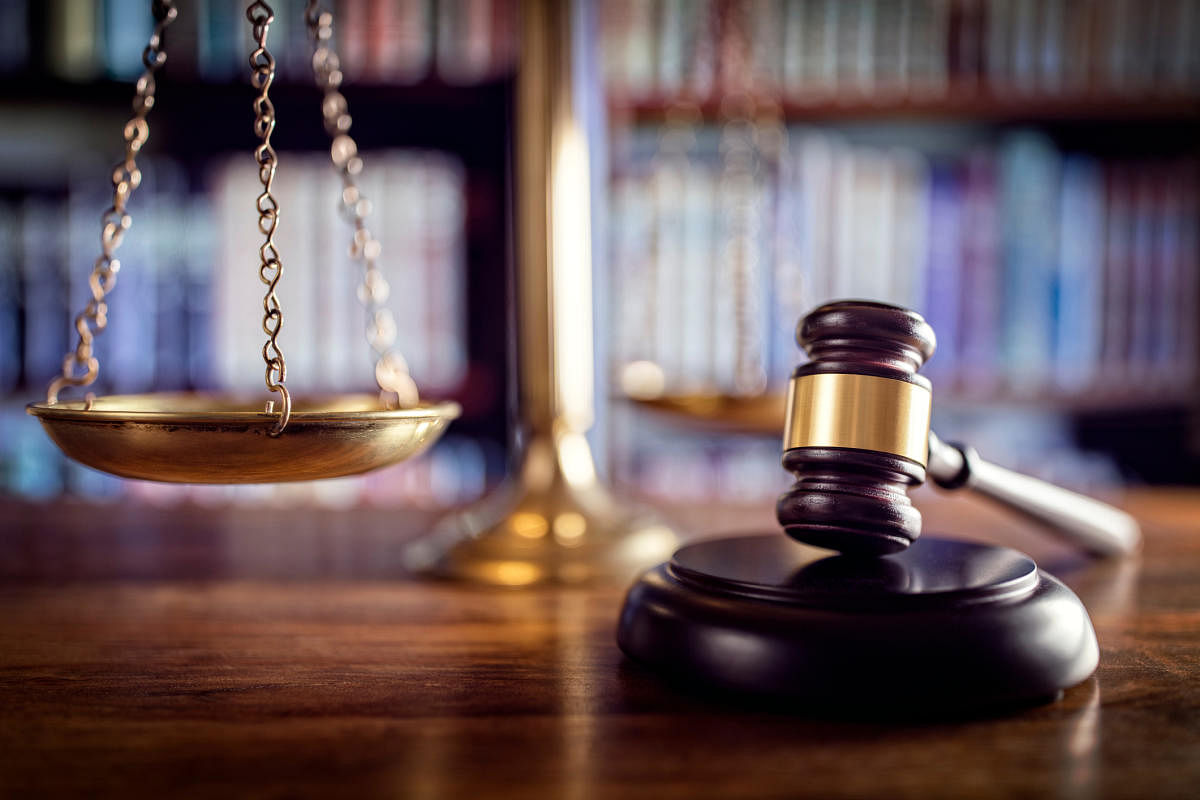The legal and political commentariat has been buzzing with the controversy about the reasons and methods regarding the arrest of former finance minister P Chidambaram. While many have been critical of the unusual haste in his arrest, several analysts have suspected that this could be political vendetta by the Union government against one of its sharpest critics.
Beyond the routine nature of political polarisation on this subject, the public discourse needs to engage with the vexed questions of impartiality and fairness in our law enforcement machinery and criminal justice system.
Fair trial is one such component of the criminal justice system which ensures that the right of an accused to not getting an arbitrary conviction is duly respected. Even as concerns were raised about the conclusive nature of the pre-trial, prima facie findings in the INX Media case that betrayed a sense of unusual certitude, the concerns about investigative processes that informed the prosecution are also important.
In this context, the foundation of the suspicion of crime — the testimony of the approver witness - needs to be interrogated. The legitimacy of approver witness is key considering the fact those investigative agencies can use this tool to nab anyone on the instruction of the government.
In the present case, the main witness against the former finance minister in the INX Media case is co-accused and now approver, Indrani Mukerjea. She was pardoned by the CBI court pursuant to her submissions as an approver witness. This practice has been employed in previous high-profile cases as well.
In the case of alleged fake encounter of Ishrat Jahan, David Headley, a conspirator in the Mumbai terror attacks, became an approver witness. He picked up Ishrat’s name from options given to him by public prosecutor Ujjwal Nikam. Headley, who is now cooperating with the prosecution as an approver, was testifying about the attack on 26/11 when he was asked about “female suicide bombers in LeT.”
Headley’s testimony is significant to the narrative. The killing of a college student produces a starkly different public reaction compared to that of a suspected terrorist. According to the lawyer of Jahan’s mother, advocate Vrinda Grover, the questions about Ishrat’s death are more “pointed” because “there is nothing to link Ishrat at all to any terror group or criminal activity.”
Hence, both these cases present the infirmities of the practice of adjudicating on the testimony of the approver witness as there are inherent perverse incentives for the ‘approver’ to acquiesce to the putative institutional bias of investigative agencies.
This clearly makes the accused vulnerable to investigative excesses while mitigating the threshold of checks and balances for the prosecuting agencies.
Reading Section 133 of the Evidence Act along with Section 114(b), it is clear that the most important issue with respect to accomplice evidence is that of corroboration.
The general rule regarding corroboration that has emerged is not a rule of law but merely a rule of practice which has acquired the force of rule of law in both India and England. The rule states that “A conviction based on the uncorroborated testimony of an accomplice is not illegal but according to prudence, it is not safe to rely upon uncorroborated evidence of an accomplice and thus judges and juries must exercise extreme caution and care while considering uncorroborated accomplice evidence”.
Double test
The Supreme Court has laid down what is known as the theory of “double test” in the case of Sarwan Singh v State of Punjab. Firstly, the court has to satisfy itself that the statement of the approver is credible in itself and there is evidence other than the statement of the approver that the approver himself had taken part in the crime.
Secondly, the court seeks corroboration of the approver’s evidence with respect to the part of other accused persons in the crime and this evidence has to be of such a nature as to connect the other accused with the crime. Clearly, the spirit of these guidelines and legal safeguards need to be imbibed in the functioning and execution of our criminal justice system.
However, even as the prosecutorial processes present several infirmities that directly and substantially prejudice the constitutional safeguards of the accused, the public debate in these high-profile cases should be a subject of critical reflection.
The case in point is the premature vilification of the former minister as an absconder and uncritical endorsement of the point of view of investigative agencies. While this mode of functioning presents the fourth estate as biased statist propaganda platform that readily paints the opposition in a detestable manner, it also shows a need for neutrality and restraint in the functioning of our institutions.
Hence, as a democratic society, both the public and its institutions need to engender a higher degree of respect for legal and constitutional safeguards, including for those who may not enjoy majoritarian sympathy.
This is not about the legal protection and defence of a former cabinet minister belonging to the political opposition but about the protection and safeguarding of impartial and fair criminal justice mechanism that complies with the constitutional safeguards and processes in letter and in spirit.
(The writer is a student of NLSIU, Bengaluru)
